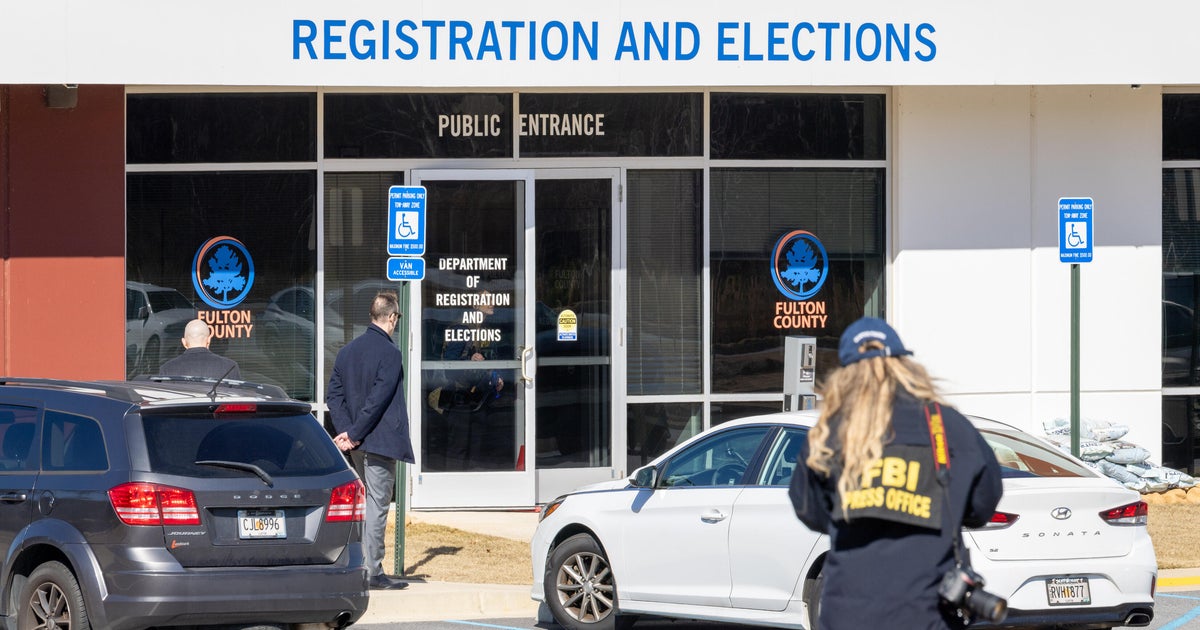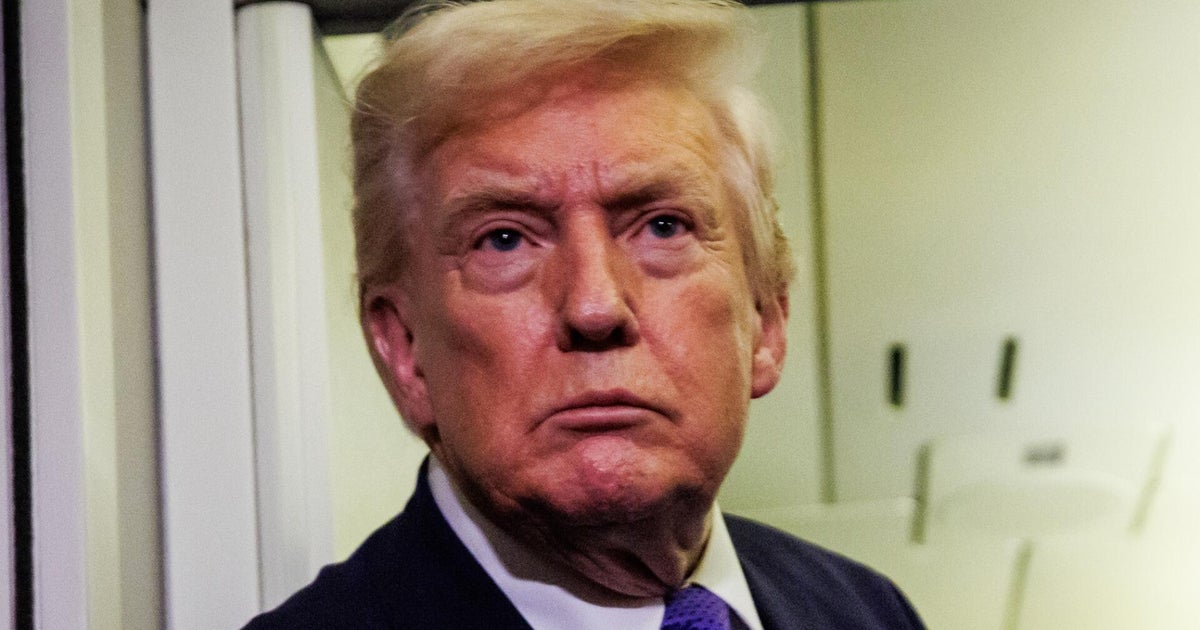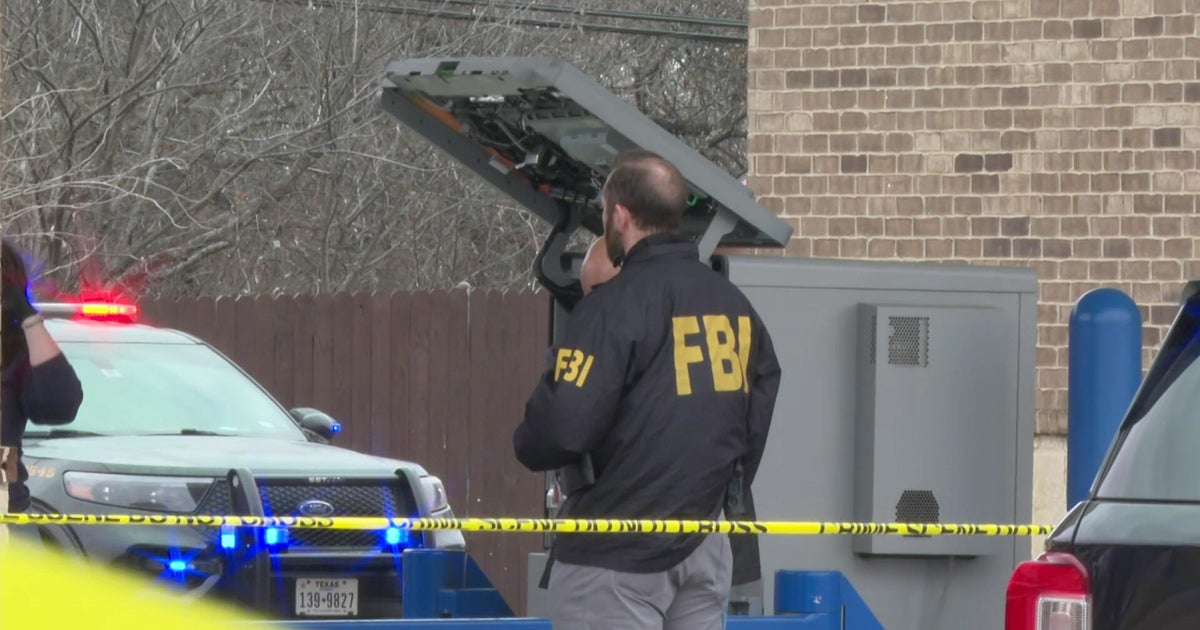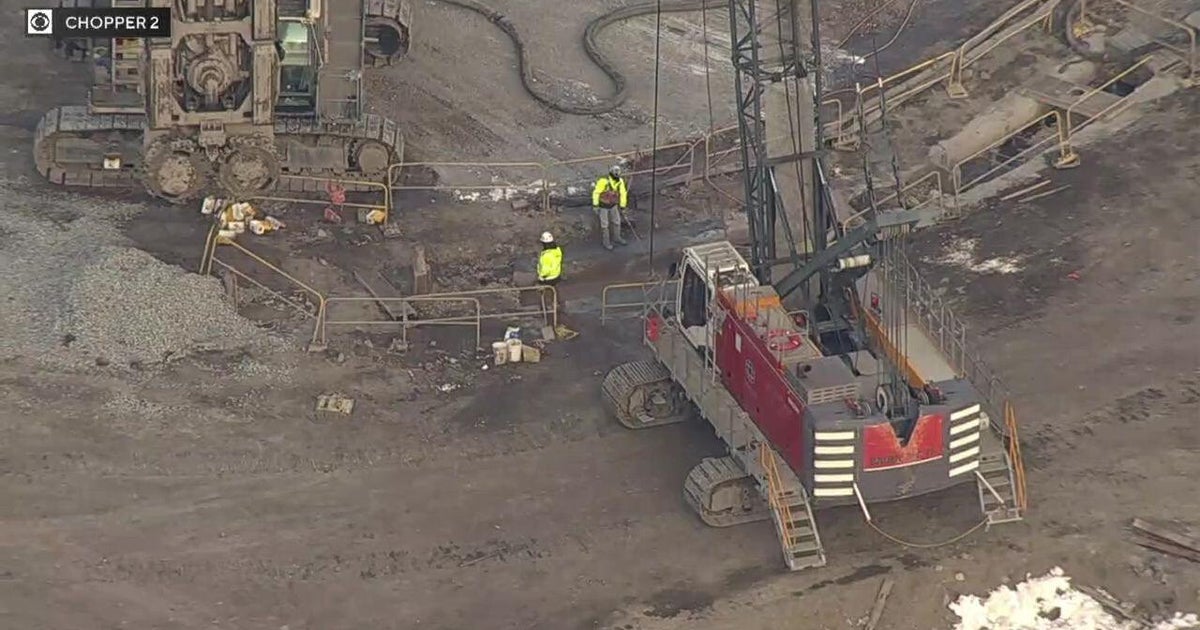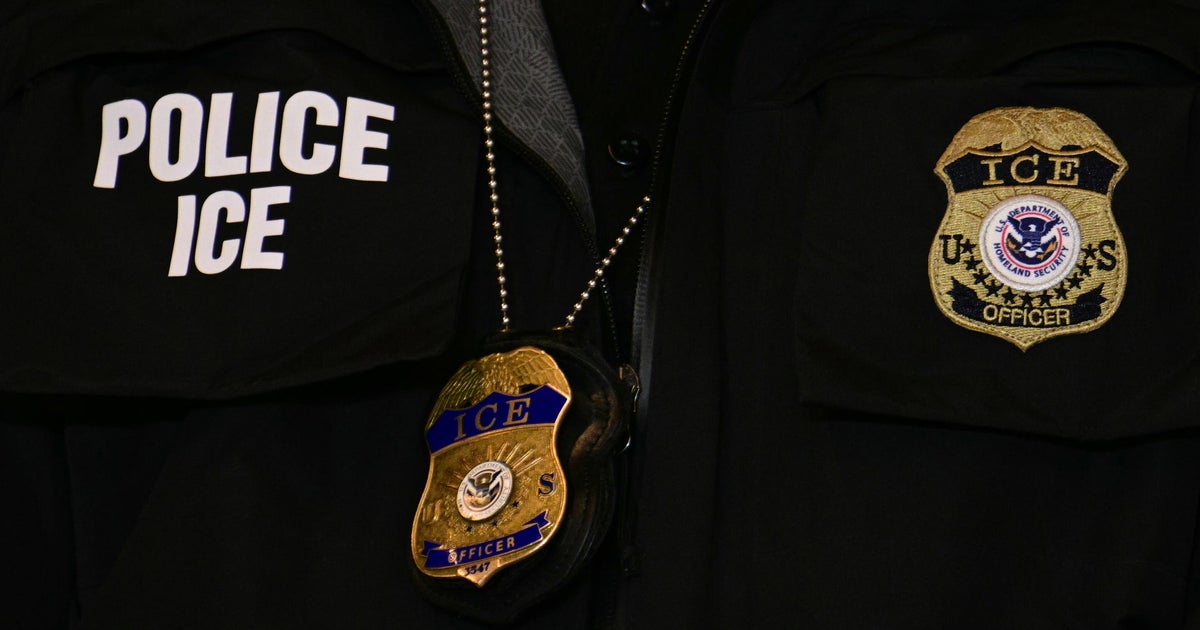Comey: 'I Was Fired Because Of The Russia Investigation'
WASHINGTON (CBSNewYork/AP) -- Former FBI Director James Comey said he believes he was fired by President Donald Trump in some way "to change the way the Russia investigation was being conducted."
In his first public remarks since being fired on May 9, Comey told the Senate Intelligence Committee Thursday "that is a very big deal."
"There's no doubt that it's a fair judgment, it's my judgment, that I was fired because of the Russia investigation," he said. "The nature of the FBI and the nature of its work requires that it not be the subject of political consideration and, on top of that, you have the Russia investigation itself is vital because of the threat."
Comey also said that he documented his conversations with the president in memos because he "was honestly concerned that he might lie about the nature of our meeting."
He said he shared those memos with other top officials at the FBI, saying, "Lordy, I hope there are tapes" in response to a question about a tweet from Trump three days after he was fired that said Comey should hope there are "no tapes" of their conversations.
Comey also admitted he showed a memo to a friend, who he said is a professor at Columbia Law School, "to share the content of the memo" with the media.
"The president tweeted on Friday after I got fired that I better hope there's not tapes. I woke up in the middle of the night on Monday night, because it didn't dawn on me originally there might be corroboration, there might be a tape, and I asked a friend of mine to share the content of the memo with the reporter," he said. "Didn't do it myself for a variety of reasons, but I asked him to because I thought that might prompt the appointment of a special counsel."
He said he understood the memo "to be my recollection recorded of my conversation with the president. As a private citizen, I felt free to share that. I thought it very important to get it out."
"My view was that the content of those unclassified, the memorialization of those conversations, was my recollection recorded," he said.
In earlier testimony, Comey said he was "confused" and "concerned" by the "shifting explanations" about his firing.
He said the president "repeatedly told me I was doing a great job and he hoped I would stay and I had repeatedly assured him that I did intend to stay and serve out the remaining six years of my term."
"He told me repeatedly that he had talked to lots people about me, including our current attorney general, and had learned that I was doing a great job and that I was extremely well-liked by the FBI workforce so it confused me when I saw on television the president saying that he actually fired me because of the Russia investigation and learned again from the media that he was telling privately other parties that my firing had relieved great pressure on the Russia investigation," Comey said. "I was also confused by the initial explanation that was offered publicly that I was fired because of the decisions I had made during the election year. That didn't make sense to me for a whole bunch of reasons."
Comey said he knew that an FBI director could be fired for no reason at all, but the administration "then chose to defame me and, more importantly, the FBI by saying that the organization was in disarray, that it was poorly led, that the workforce had lost confidence in its leader."
"Those were lies plain and simple and I am so sorry that the FBI workforce had to hear them and I'm so sorry that the American people were told them," he said.
Comey said he knew something "big" was about to happen the president cleared the Oval Office during a Feb. 14 meeting before he says Trump asked him letting go of the FBI's investigation into Michael Flynn, the former national security advisor.
He also said he believed Trump was "looking to get something in exchange for granting my request to stay in the job.''
But when asked by the top Republican on the committee, Sen. Richard Burr of North Carolina, if anyone in the administration, including the president, asked the former FBI director to stop the Russia probe, Comey replied, "Not to my understanding, no."
The former FBI director also said he didn't know if Trump's interactions with him will meet the standards of obstruction on justice.
Comey said it will be up to special prosecutor Robert Mueller.
"I don't think it's for me to say whether the conversation I had with the president was an effort to obstruct. I took it as a very disturbing thing, very concerning, but that's a conclusion I'm sure the special counsel will work towards to find out the intention and whether that's an offense," Comey said.
Comey did not read from the seven pages of his opening remarks that had been released Wednesday, in which Comey detailed numerous, apparently uncomfortable interactions he said he had with the president.
Trump abruptly fired Comey on May 9, roiling Washington and multiple congressional investigations and prompting the appointment of Special Counsel Robert Mueller.
Leading up to his firing last month, Comey said Trump called him and described the Russia investigation as "a cloud that was impairing his ability to act on behalf of the country."
Comey recalled having nine one-on-one conversations with the president in just four months, one in which he says the president asked him for a pledge of loyalty.
"What the president asked for was loyalty to the country," former Trump campaign manager Corey Lewandowski told Fox News.
The former FBI chief also said he told the president three times he was not under investigation in the probe of Russian meddling in the 2016 election and possible collusion with the Trump campaign.
Marc Kasowitz, Trump's personal attorney, responded to Comey's testimony Thursday, saying it proves the president "was not under investigation as part of any probe into Russian interference."
In a statement, Kasowitz said the testimony "also makes clear that the president never sought to impede the investigation into attempted Russian interference n the 2016 election."
Trump surprised Washington on Wednesday with announcing his choice to replace Comey, saying in a tweet that he intended to nominate Christopher Wray, a high-ranking official in George W. Bush's Justice Department who represented New Jersey Gov. Chris Christie in the Bridgegate scandal.
(© Copyright 2017 CBS Broadcasting Inc. All Rights Reserved. The Associated Press contributed to this report.)

